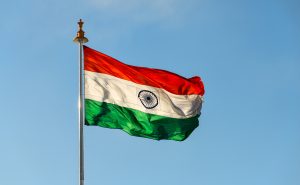A committee of government and central bank officials in India is set to propose new regulations related to digital currencies.
The Indian government’s press service announced today the creation of an interdisciplinary committee drawn from both the Reserve Bank of India as well as the Ministry of Revenue, Department of Financial Services and the Department of Economic Affairs, among others.
Also included are representatives from NITI Aayog, a government-backed think tank, and the State Bank of India, the country’s largest bank.
According to the release, the committee will prepare a report, recommending policies related to money laundering and consumer protection, among other areas.
The report is expected to be delivered within the next three months.
The government said:
“The committee will (i) take stock of the present status of virtual currencies both in India and globally; (ii) examine the existing global regulatory and legal structures governing virtual currencies; (iii) suggest measures for dealing with such virtual currencies including issues relating to consumer protection, money laundering , etc; and (iv) examine any other matter related to virtual currencies which may be relevant.”
It’s a notable development given that, just weeks ago, statements by a deputy state minister sparked a media flurry suggesting that India had moved to ban bitcoin, prompting calls for the government to clarify its position.
In a way, the committee will answer those calls in what could lead to a major regulatory shift focused on the tech. Yet the tone of the release – which states that “the circulation of virtual currencies which are also known as digital/crypto currencies has been a cause of concern” – indicates that the officials may adopt a stricter stance as they develop policy proposals.
The developments come more than three years after the Reserve Bank of India first issued a warning to domestic consumers about digital currencies.
Image via Shutterstock














